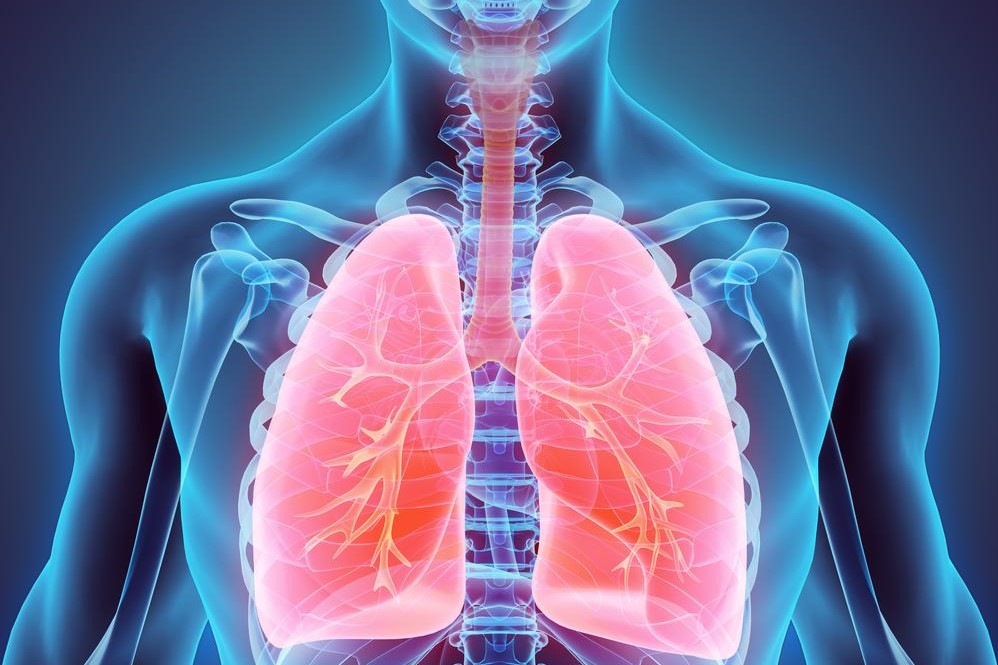Effective Strategies to Manage a Lung Cancer Diagnosis
This article offers practical strategies for coping with a lung cancer diagnosis, emphasizing understanding treatment options, effective communication with healthcare providers, emotional support, and self-care. It aims to empower patients to face their journey with resilience and confidence, ensuring better quality of life during treatment.

Lung cancer remains one of the most prevalent cancers affecting both men and women worldwide. Receiving a diagnosis can be shocking and overwhelming. However, there are various ways to handle this challenging situation.
Understanding Your Diagnosis and Care Plan: Treatment options for lung cancer vary, including targeted therapies, chemotherapy, and radiation. Collaborating closely with your healthcare team helps determine the most suitable approach based on factors like age, tumor type, and location. For instance, treatments like Xalkori may be recommended for specific cases.
Effective Communication with Healthcare Providers: Maintaining open and honest communication with oncologists, nurses, and support staff ensures optimal treatment management. Building trust and understanding allows patients to explore all available options.
Accessing Support Resources: If financial concerns arise, numerous organizations provide assistance with medical costs, insurance claims, and reimbursement procedures. Utilizing these resources can ease the financial burden.
Understanding Insurance Coverage: It is crucial to be familiar with what your insurance plan covers regarding tests, treatments, and follow-up visits to avoid surprises and plan effectively.
Building an Emotional Support System: Connecting with friends, family, or support groups can be vital in emotional well-being. Professional counseling may also offer additional help in managing emotional stress.
Documenting Emotions and Experiences: Keeping a journal or expressing feelings through art, music, or photography can aid emotional processing. Honesty about feelings helps healthcare providers offer better support.
Seeking a Patient Navigator: Many hospitals now have trained navigators who assist patients through medical, legal, and financial challenges, making the journey more manageable.
Engaging in Physical Activity: Unless advised otherwise, light exercise like walking can reduce stress and improve physical resilience, contributing positively to mental health.
These strategies aim to empower individuals facing lung cancer, helping them cope more effectively and maintain quality of life.










